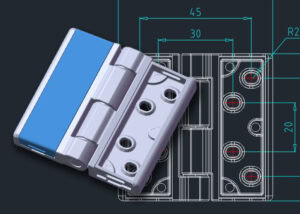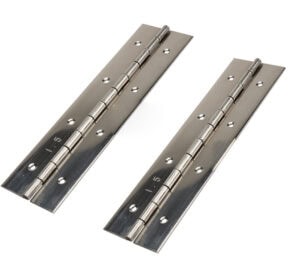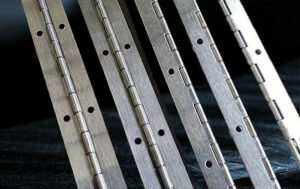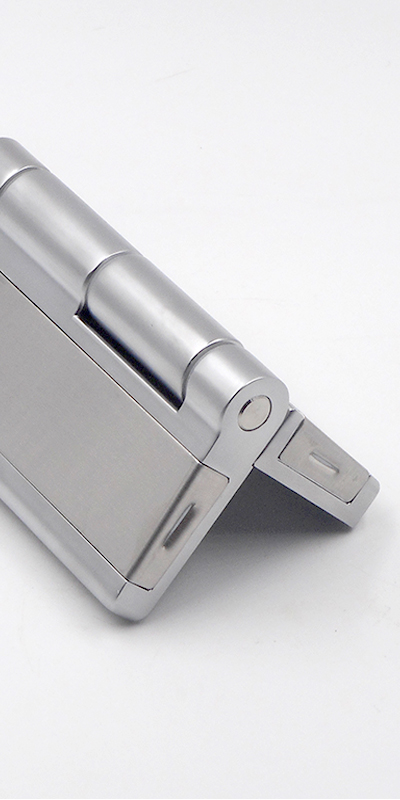Identifying the problem is essential when dealing with door hinges. The binding of door hinges can cause significant frustration and can interfere with the smooth operation of doors.
The binding of door hinges is mainly caused by factors such as improper installation, alignment issues, wear and tear, or environmental conditions.
In this post, we will explore the common reasons behind door hinges binding and the steps you can take to fix or prevent it.
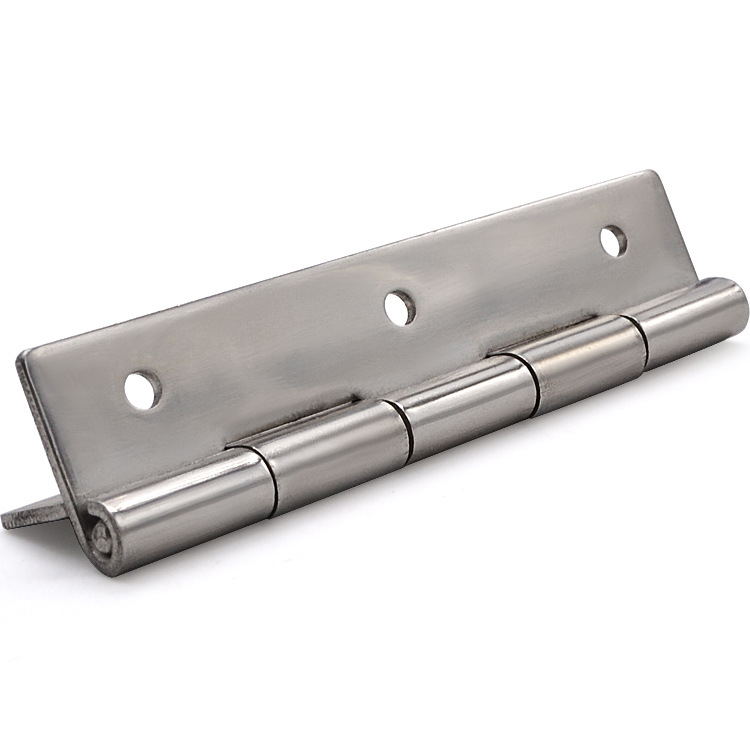
How Does Improper Installation Cause Binding?
Improper installation of door hinges can lead to misalignment, causing them to bind. If the screws are not tightened properly or if the hinges are installed at uneven angles, the door may not open and close smoothly.
This is usually fixed by repositioning the hinge and making sure the screws are secured tightly. It’s essential to ensure that the hinge plates are flush with the door frame and that the screws are in the correct positions.
Can Material Expansion Lead to Binding?
The expansion and contraction of materials due to temperature changes can also lead to binding. Metal hinges may expand in hot weather, causing friction and binding.
In this case, lubrication or adjustments to the alignment may solve the issue. If the problem persists, replacing the hinge with a material less susceptible to temperature-induced expansion may be required.
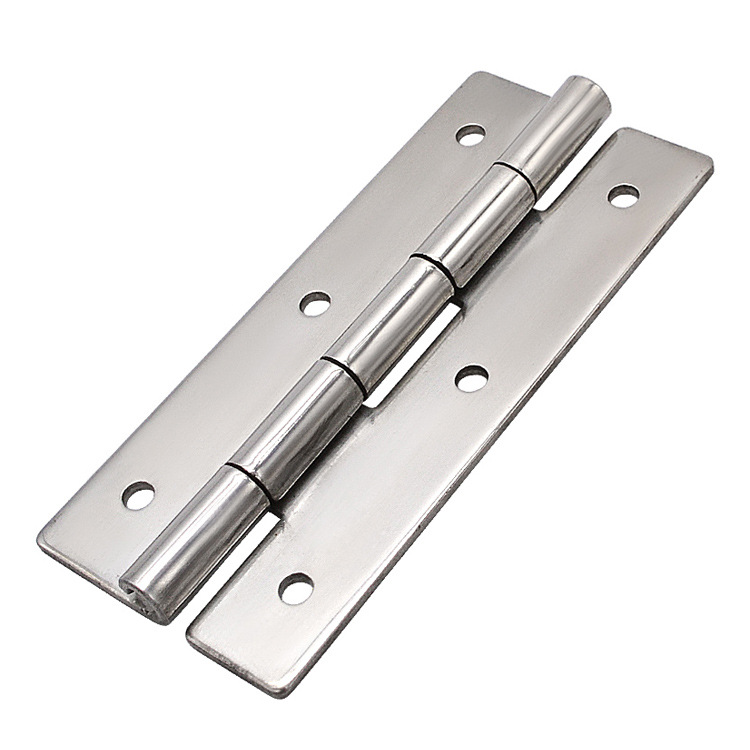
How Does Regular Wear and Tear Affect Door Hinges?
Over time, regular wear and tear can cause door hinges to degrade. The friction between the hinge pin and the hinge knuckles can cause wear, leading to binding.
Periodic lubrication and inspection can prevent this issue. If wear and tear have already caused binding, replacing the hinge or the worn parts is often the best solution.
Can Corrosion Lead to Door Hinges Binding?
Corrosion due to moisture or chemical exposure can lead to hinges binding. This is especially common in environments where moisture or corrosive substances are prevalent.
Treating the hinges with rust-resistant coatings or using stainless steel or brass hinges in these environments can mitigate this problem.
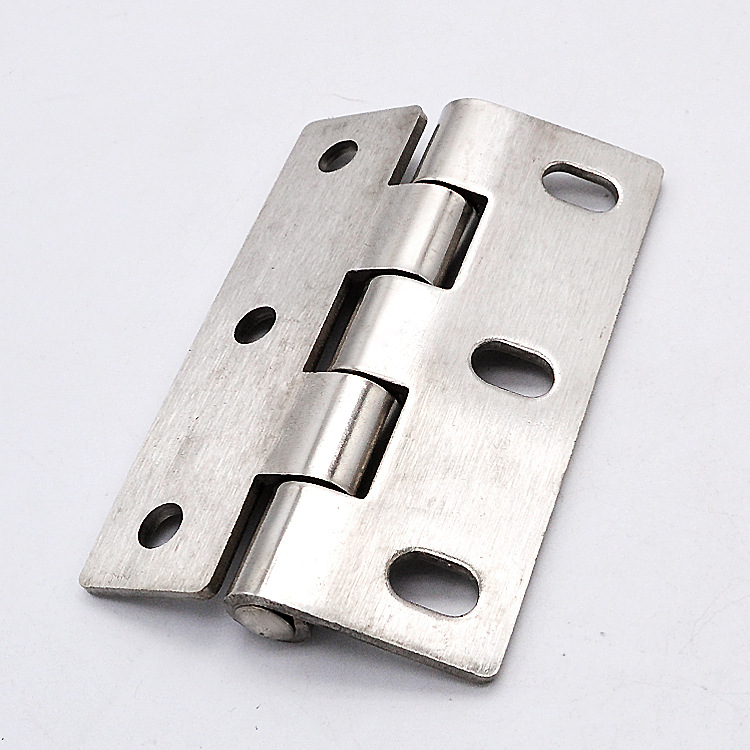
Does Paint Buildup Affect Door Hinges?
Excessive paint buildup can cause door hinges to bind. When multiple layers of paint accumulate on the hinge, it can create friction and hinder movement.
Carefully removing excess paint with a scraper or solvent and ensuring that the hinge is clean before painting can prevent this issue.
How to Properly Maintain Door Hinges to Prevent Binding?
Regular maintenance, such as lubrication and alignment checks, is vital to prevent binding. Proper installation and using the right type of hinge for the specific door and environment are also crucial.
A regular maintenance schedule, including inspections and timely repairs or replacements, will keep door hinges operating smoothly and free from binding.
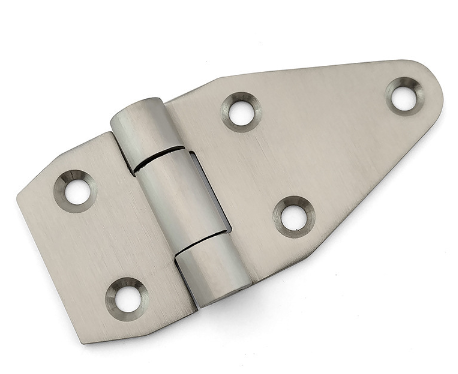
Can Improper Alignment Cause Hinge Binding?
Improper alignment of the door or the hinge itself can lead to binding. If the door is not hung straight or the hinge is uneven, it can create friction and cause binding.
Correcting the alignment through adjustments to the hinge or the door frame can resolve this issue. It might require professional intervention if the misalignment is severe.
Conclusion
Understanding what causes door hinges to bind and taking preventive measures will ensure that doors function smoothly. Regular maintenance and proper installation are key to avoiding this common issue.
You might also be interested:

